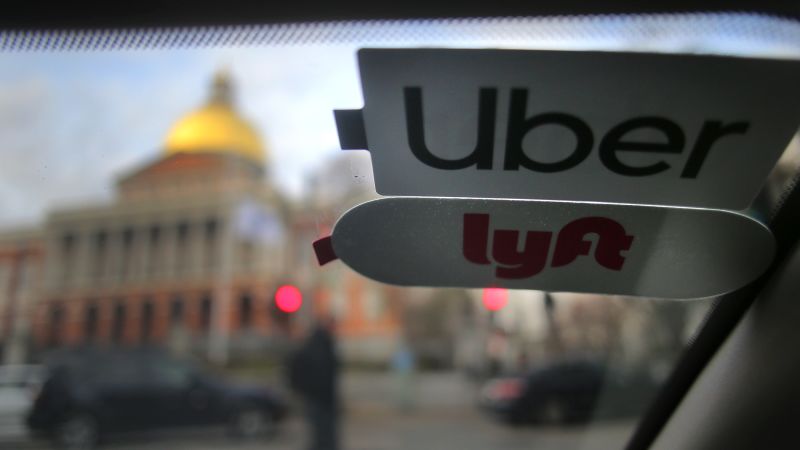In a recent development, Uber Technologies and Lyft have agreed to adopt a $32.50 hourly minimum pay standard for Massachusetts drivers and pay $175 million to settle a lawsuit by the state’s attorney general alleging they improperly treated drivers as independent contractors who can legally receive lower compensation than employees.
According to Attorney General Andrea Joy Campbell, the companies also agreed to provide drivers with paid sick leave, accident insurance, and healthcare stipends. Additionally, they will stop funding or supporting a ballot initiative that would have asked voters to cement app-based drivers’ status as contractors.
Both Uber and Lyft have issued separate statements expressing that the agreement reflects the desire of most drivers to work on their own terms while still receiving key benefits legally guaranteed to employees. Uber’s chief legal officer, Tony West, stated, “In taking this opportunity, we’ve resolved historical liabilities by constructing a new operating model that balances both flexibility and benefits.”
The agreement requires Uber to pay $148 million and Lyft to pay $27 million to the state, with at least $140 million being paid out to drivers, as per a court filing.
The announcement was made by Campbell shortly after Massachusetts’ highest court cleared the way for voters to decide on industry-backed ballot measures regarding the employment status of app-based drivers. Campbell had been advocating for the state’s Uber and Lyft drivers to be classified as employees under state law, entitling them to benefits like a minimum wage, overtime, and earned sick time.
The settlement marks a significant step towards providing greater benefits and pay for Uber and Lyft drivers compared to previous agreements in New York and Minnesota. The companies had previously argued at trial that being forced to classify drivers as employees could lead to service cuts or the end of operations in Massachusetts.
Furthermore, it was revealed that Uber, Lyft, DoorDash, and Instacart had financially supported a ballot measure committee advocating for app-based drivers to be classified as contractors. However, following the recent settlement, the committee has decided not to move forward with the initiative.
Overall, this settlement reflects a major victory for drivers and underscores the ongoing debate surrounding the classification of gig economy workers. It remains to be seen how this agreement will impact similar legislative efforts in other states.












